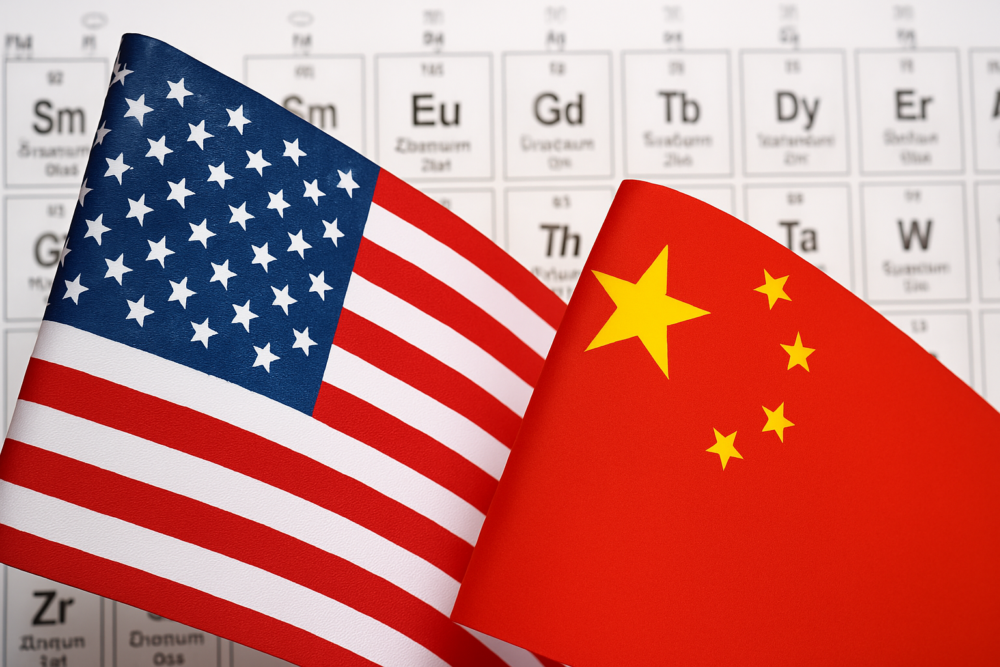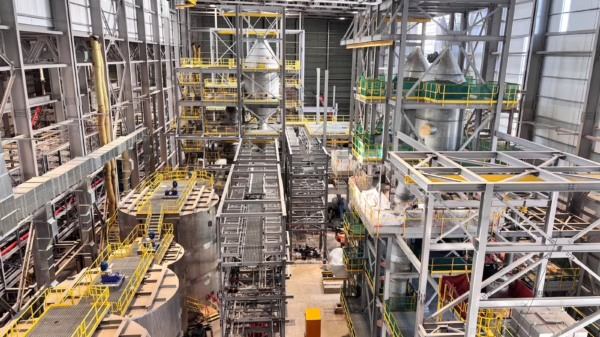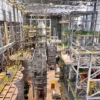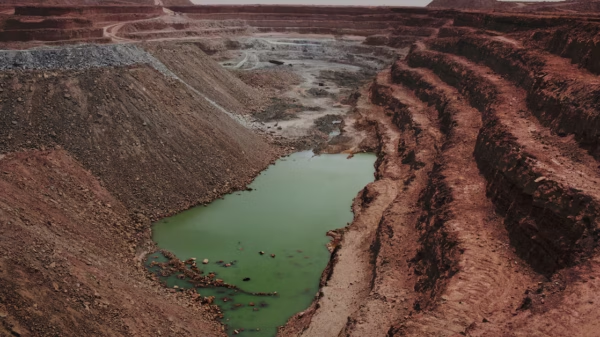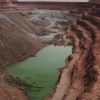China placed severe export restrictions on rare earth elements on the United States as part of its tit-for-tat response on U.S. President Donald Trump’s tariff squeeze.
The United States access to these minerals has been effectively curtailed, which has a direct effect on their ability to make weapons, electronics and a host of consumer goods.
Beijing had been threatening this for awhile. Its final implementation effectively amplifies trade tensions between the world’s two largest economies, and sends Americans manufacturers in pursuit of alternative supplies of the critical minerals required for their products.
China produces about 90 per cent of the world’s rare earth elements. These are a group of 17 materials critical to the defence, electric vehicle, energy, and electronics industries. The United States operates only one rare earth mine and relies heavily on Chinese imports to meet its needs.
Late Friday, Beijing responded to President Trump’s decision to raise tariffs on most Chinese goods to 54 per cent by imposing a broader set of retaliatory measures. These include export restrictions on mined rare earths and also on permanent magnets. Furthermore, analysts say these will be difficult to replace.
China has demonstrated its ability to weaponize its dominance over the mining and processing of critical minerals with its latest move. It’s actually now targetting exports to all countries—not just the United States.
The Ministry of Commerce will place seven categories of medium and heavy rare earths on an export control list. These metals include samarium, gadolinium, terbium, dysprosium, lutetium, scandium, and yttrium-related items.
Read more: China tightens grip around critical minerals market: new report
Read more: Blinken heads for Argentina to speak with Milei on global concerns, critical minerals
Big name US companies need Chinese rare earths
U.S. companies such as Lockheed Martin Corp (NYSE: LMT), Tesla Inc (NASDAQ: TSLA), and Apple (NASDAQ: AAPL) use Chinese rare earths in their supply chains.
The export controls do not impose a ban but Beijing can throttle shipments by limiting the number of export licenses.
Mel Sanderson, a director at American Rare Earths Ltd (OTCMKTS: ARRNF) and co-chair of the Critical Minerals Institute, said China deliberately targeted items essential to the U.S. economy when selecting the materials for its export control list. American Rare Earths plans to open a rare earths mine in Wyoming by 2029.
Meanwhile, Ryan Castilloux, founder of consultancy Adamas Intelligence, noted that China’s export restrictions will trigger intense competition for the few available alternative suppliers, particularly in Japan and South Korea.
Two industry sources said some U.S. aerospace manufacturers are concerned about the Chinese export restrictions on certain rare earth elements because they rely exclusively on China for those materials in avionics.
Although the U.S. government maintains stockpiles of some rare earths, the reserves are insufficient to support defense contractors indefinitely.
Beijing has already banned the export of three metals to the United States and placed export controls on many others.
China has spent decades securing control over rare earth supply chains. Conversely, the United States outsourced production, reduced investment, and largely ignored warnings about the risks of relying heavily on a single foreign supplier.
Read more: Ontario government dishes out $13M to support critical minerals mining
Read more: Blinken heads for Argentina to speak with Milei on global concerns, critical minerals
China controls the entire global supply of multiple minerals
The materials China recently restricted are not random.
They align closely with U.S. product specifications and defense procurement needs. For example, dysprosium is essential for producing neodymium magnets used in electric motors that must operate at high temperatures. These typically go into fighter jets and electric vehicles. Without dysprosium, these motors lose thermal stability and cannot function properly.
China controls nearly the entire global supply of dysprosium. There are no immediate alternative sources in accessible markets. Without Chinese exports, dysprosium simply is not available. It plays a critical role in electrification, and currently, China holds nearly all the leverage.
The country also controls the complex and environmentally challenging process of refining rare earths. Furthermore, it manages production through a quota system it has recently tightened.
Analyst Jacob Gunter from the Mercator Institute for China Studies said Friday’s move will likely prompt Western countries to accelerate efforts to develop alternative supply chains, though progress has been slow.
Mark Smith, CEO of NioCorp Developments (NASDAQ: NB), noted that building these alternatives will take time. His company holds permits for a $1.2 billion rare earths mine in Nebraska but still requires financing to move forward.

